Blog categories
Search in blog
Popular posts

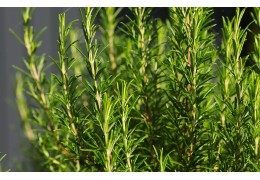

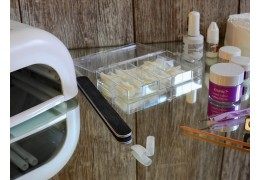

Featured posts
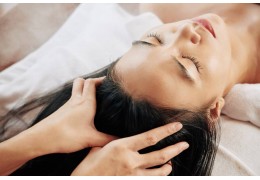




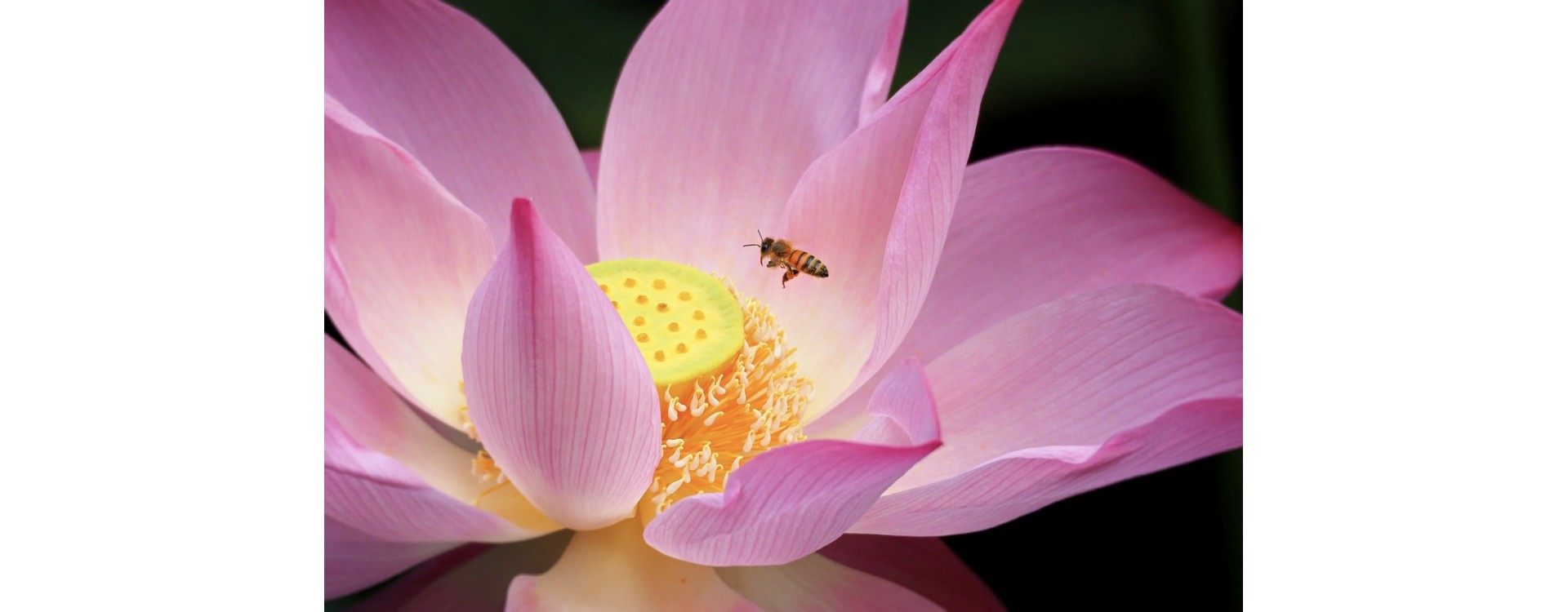
Honey has been used for thousands of years as a natural remedy for various ailments. In recent years, it has become increasingly popular in the beauty industry, thanks to its incredible benefits for the skin. Honey is a natural humectant, that is, it attracts and retains moisture, which makes it an excellent ingredient to moisturize and nourish our skin. But that's not all: honey also has antibacterial and anti-inflammatory properties, making it an excellent choice for treating acne-prone skin. In addition, it is full of antioxidants that help protect our skin from free radicals that can cause premature aging. In this article, we are going to explore the many benefits of honey for the beauty of our skin and share some simple recipes that you can try at home. Get ready to discover the natural wonders of honey, and your skin will thank you for it!
Honey is a natural substance produced by bees from the nectar of flowers. It is made up of a variety of sugars, amino acids, and vitamins, making it an excellent source of nutrition for our skin. Applied to the skin, honey helps attract and retain moisture, which can help improve the skin's hydration level. It also contains enzymes that promote healthy skin cell turnover, which can lead to a more radiant complexion.
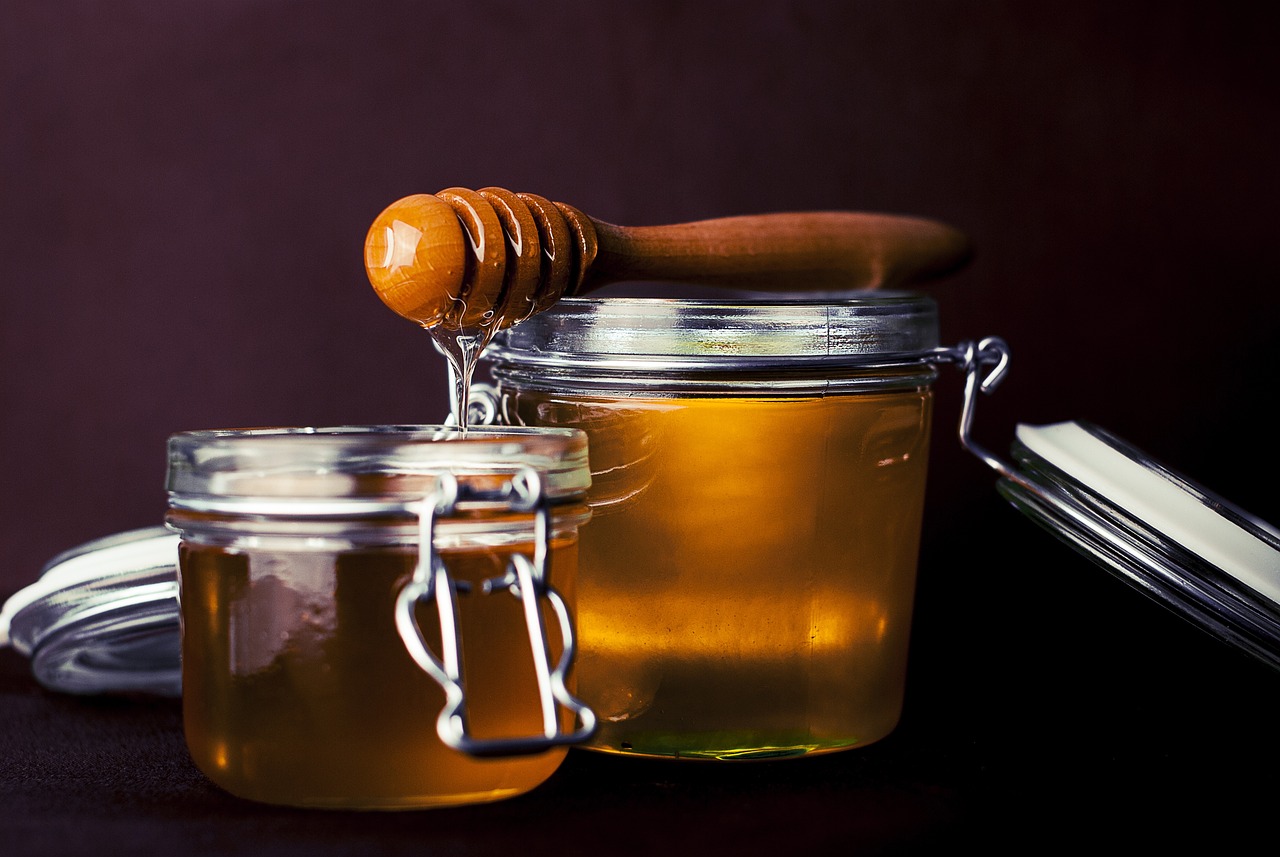
Honey also has antibacterial and anti-inflammatory properties, making it an excellent choice for treating acne-prone skin. The antibacterial properties of honey help kill acne-causing bacteria, while the anti-inflammatory properties help reduce redness and inflammation associated with acne breakouts.
Not all honeys are created equal. The different types of honey have different properties and can be used for different purposes. For example, Manuka honey, produced in New Zealand, is known for its antibacterial properties and is often used for healing wounds. Buckwheat honey, on the other hand, is rich in antioxidants and is often used in skincare products to help fight the signs of aging.
Another factor to consider when using honey for skin care is whether it is raw or processed honey. Raw honey is unfiltered and unpasteurized, which means it retains all of its natural enzymes and nutrients. Processed honey, on the other hand, has been heated and strained, which can destroy some of the beneficial compounds found in raw honey.
Acne is a common skin condition that affects millions of people around the world. It's caused by a combination of factors, including excess oil production, clogged pores, and bacteria. Honey can help treat acne-prone skin in several ways. Its antibacterial properties help kill acne-causing bacteria, while its anti-inflammatory properties help reduce redness and inflammation associated with acne breakouts.
Honey can also be used to treat other skin conditions, such as eczema and psoriasis. Its moisturizing properties help soothe dry, itchy skin, while its anti-inflammatory properties help reduce redness and irritation.

As we age, our epidermis begins to lose collagen and elastin, which can lead to wrinkles and sagging skin. Honey is full of antioxidants that help protect our skin from free radicals that can cause premature aging. It also contains enzymes that promote the renewal of skin cells, resulting in a more youthful and radiant complexion.
Honey can be used in a variety of skin care recipes to help hydrate and nourish the skin. Here are some simple recipes you can try at home:
This mask is perfect for soothing dry and irritated skin.
Ingrédients :
Instructions:
This face wash is perfect for oily and acne-prone skin.
Ingrédients :
Instructions:
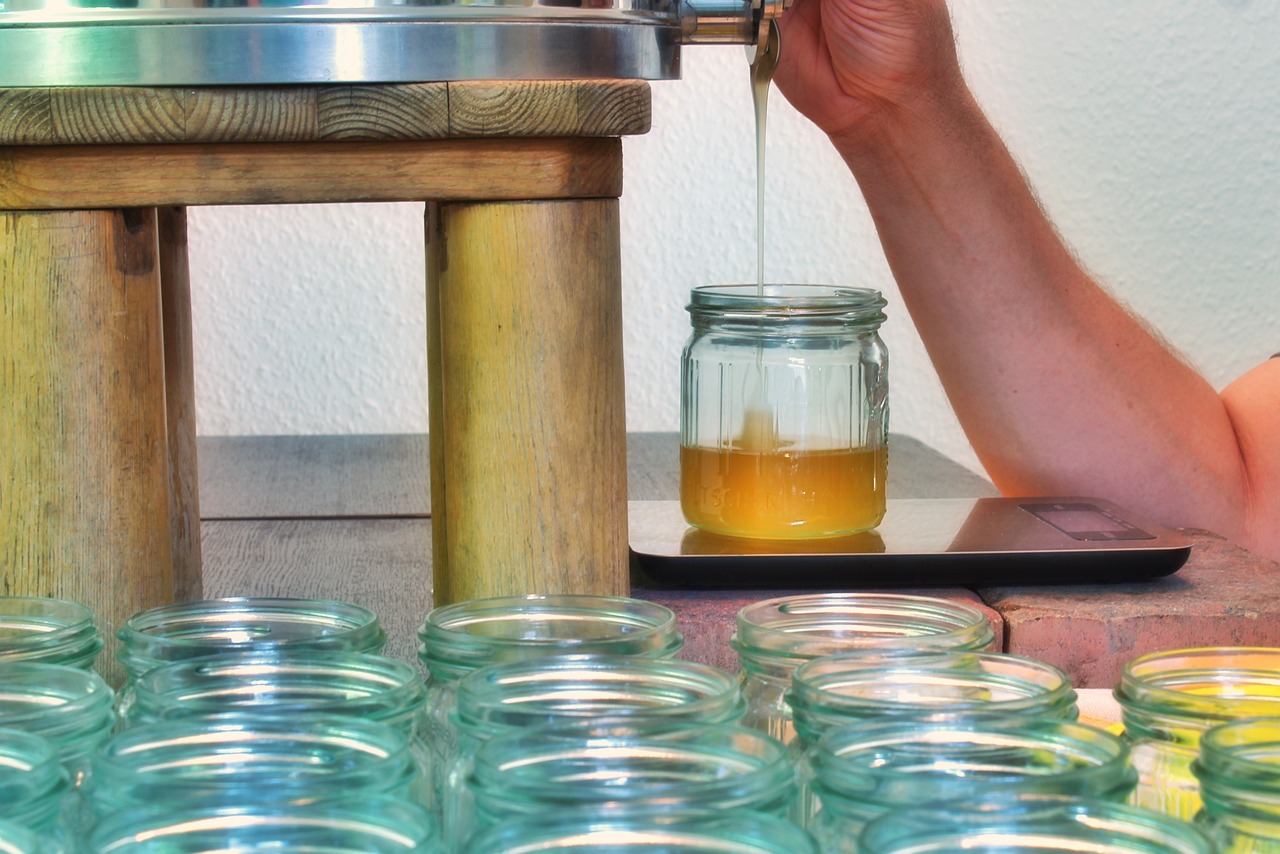
This hair mask is perfect for rehydrating dry and damaged hair.
Ingrédients :
Instructions:
Using honey-based skincare products can provide a whole host of benefits to your skin. These products are often more natural and gentler than their chemical-laden counterparts, making them a great choice for people with sensitive skin. Honey products can also help moisturize and nourish the skin, improving its overall appearance and texture. All you have to do is test!